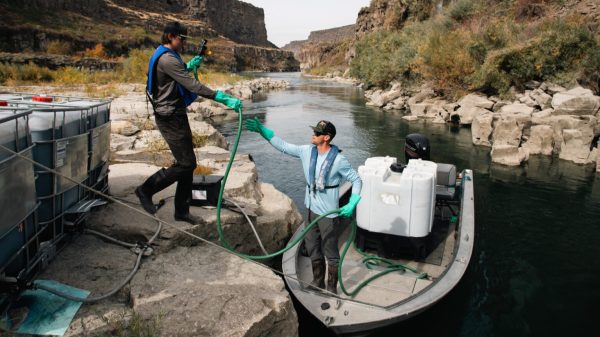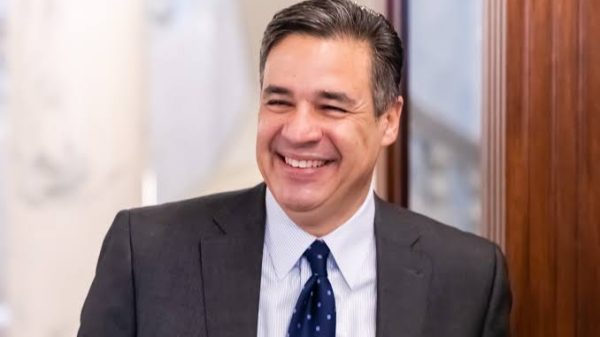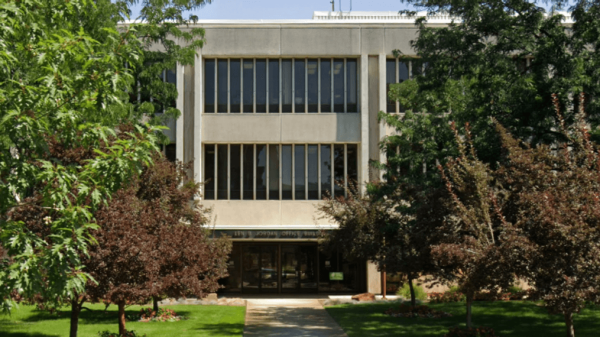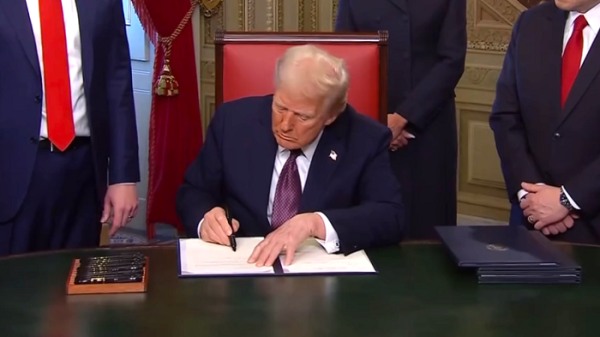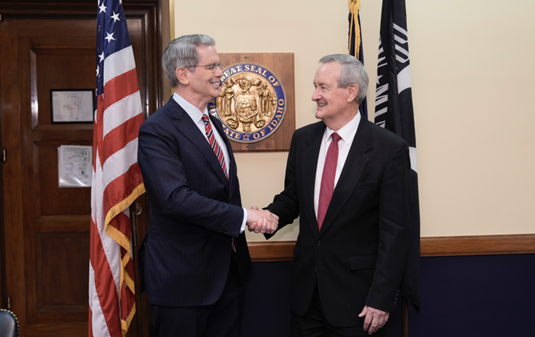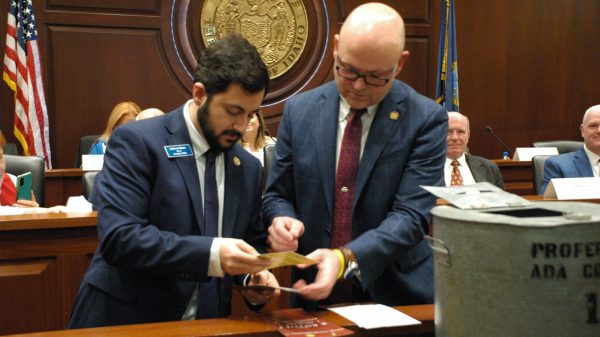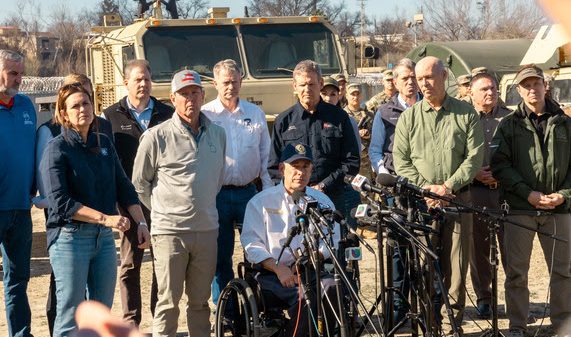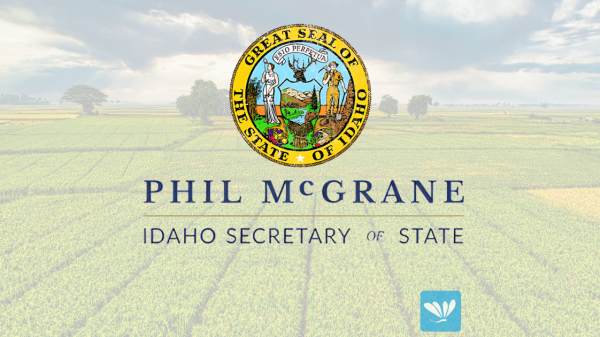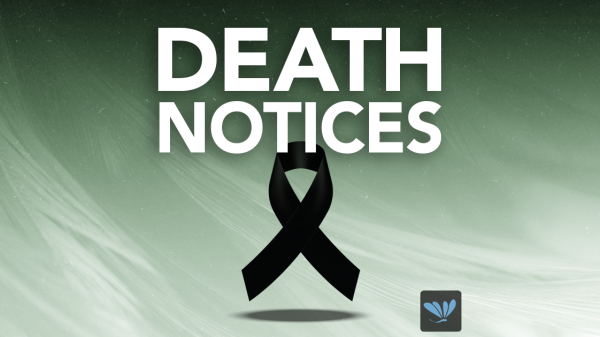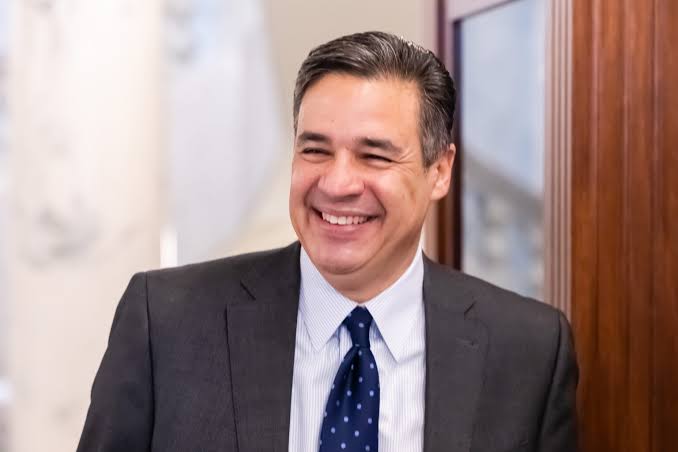(Idaho State) Attorney General Raúl Labrador joined a coalition of 20 attorneys general in defending a religious organization’s broad authority to make employment decisions based on religious beliefs to accomplish the organization’s mission and goals. The coalition filed an amicus brief with the Ninth Circuit Court of Appeals on Monday.
In the case of Union Gospel Mission of Yakima Washington v. Ferguson, the coalition of attorneys general argues that the Union Gospel Mission, a nonprofit religious organization, should be allowed broad decision-making authority over who they employ to ensure all employees share their religious beliefs and will not undermine the organization’s religious mission. However, the Washington Supreme Court and former State of Washington Attorney General Robert Ferguson wrongly interpreted that the Washington Law Against Discrimination’s (WLAD) religious exemption should only give the Mission authority to hire and fire employees with a direct role in sharing or teaching the organization’s religious beliefs.
“The government should have no role in dictating the affairs, management, or mission of any religious organization,” said Attorney General Labrador. “The Union Gospel Mission should be free to hire who they believe best represents their values, from the CEO to the janitor, without government demanding otherwise and saying that one classification of employee does not sufficiently embody the spirit of the organization.”
The church autonomy doctrine, which enables religious organizations to govern themselves and make employment decisions without interference from the state, protects the Mission’s hiring decisions. Courts have decided that not only does the church autonomy doctrine apply to churches and religious schools, but also organizations whose “purpose and character are primarily religious,” which includes organizations like the Mission.
“The Mission’s hiring policy is a quintessential matter of church government. Allowing Washington’s antidiscrimination law to regulate those decisions ‘would impermissibly inject … [the] government into [decisions on] religious doctrine and governance,’” the attorneys general wrote.
Attorneys general from Alabama, Arkansas, Florida, Iowa, Kansas, Louisiana, Mississippi, Missouri, Nebraska, Ohio, Oklahoma, South Carolina, South Dakota, Tennessee, Texas, Utah, Virginia, and West Virginia also joined the brief led by Montana Attorney General Austin Knudsen.










